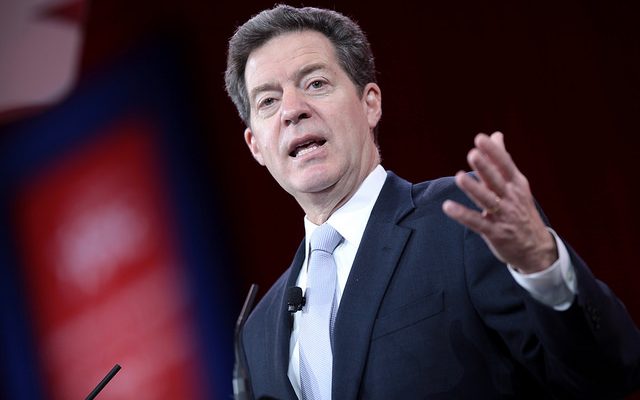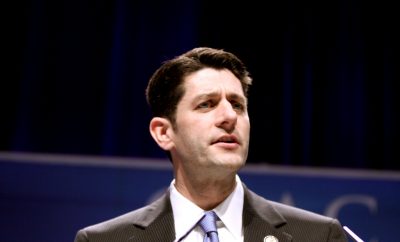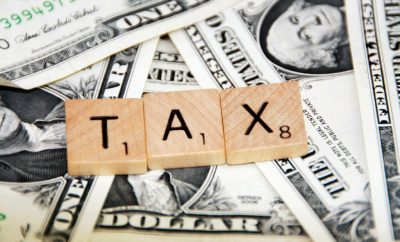 "Sam Brownback" courtesy of Gage Skidmore License (CC BY-SA 2.0)
"Sam Brownback" courtesy of Gage Skidmore License (CC BY-SA 2.0)
Politics
Kansas Governor Sam Brownback’s Tax Pledge May Be Cracking
For anyone who has ever taken an intro to economics class, the phrase supply side economics should be familiar. Supply side economics essentially argues that economic growth happens through capital investments and lowering the barriers of production. The idea behind supply side economics is that you can stimulate growth by encouraging capital investment and lowering the barriers to production. Supply-siders argue for lowering tax rates across the board to reduce the tax burden on businesses and high-earners in the hope that they invest more to boost the economy. It’s a conservative theory and it was largely implemented during the Reagan years (dubbed Reaganomics). Depending on who you ask, it was considered a success or a failure. But one state may have taken Reaganomics a little too far, and is now paying the price.
In 2011, Kansas Governor Sam Brownback attempted to fully embrace a supply side economic policy, on steroids. He has called it “a real live experiment” in conservative economic policy.
Since 2011, he has drastically reduced income taxes across the board. A fellow from the Show-Me Institute, a right-leaning think tank, called it “the biggest tax cut of any state, relative to the size of its economy, in recent history.” Brownback’s policies allowed for 300,000 businesses to become tax exempt, eliminated many deductions–including ones on child care–and significantly decreased public spending in all sectors. It got to the point where the Kansas supreme court ruled unanimously that public school spending was unconstitutionally low. While Brownback claimed these policies would stimulate economic growth and bring private sector jobs to the state, the budget did just the opposite. Kansas now has a $900 million dollar deficit and lags behind in job growth compared to the rest of the country.
Unfortunately for Brownback, this experiment seems to be coming to an end. Last week the Kansas state legislature overrode the governor’s veto in favor of a progressive tax increase across the state. What makes it even more surprising is that this occurred in a state where Republicans have a two-thirds majority in both the house and the senate. The measure will bring $1.2 billion in revenue over the next two years to combat the $900 million shortfall in the budget, and most of the tax revenue will go toward funding the vastly underfunded public schools. It will also reverse a policy that made over 300,000 businesses tax exempt.
According to data from the Bureau of Labor Statistics and the Kansas Center for Economic Growth, since the tax cuts were introduced in 2012, Kansas has significantly lagged behind in terms of GDP and personal income growth compared to neighboring states and the rest of the nation. Furthermore, job growth for private and non-farming jobs measures at approximately half the rate of their six state neighbors.
But what’s shocking is not just that the Kansas Republicans turned against their Republican governor, but that a Republican led legislature voted for an increase in taxes. Not raising taxes has been a staple among the GOP since the days of President Reagan and President George H.W. Bush. President George W. Bush implemented tax cuts during his presidency in 2001 and 2003, and every single GOP candidate for President during the 2016 election, except for Trump, signed the pledge promising to never raise taxes.
For Kansas Senate majority leader Jim Denning, who voted for the tax cuts back in 2012 hoping that they would bring a spike to economic growth, reality set in. He admitted that he couldn’t vote for more cuts that they weren’t working and worked with Democrats to find a solution. “I’ve always backed up and mopped up my mess. That’s what I’m doing now,”
Of course this one example does not prove that supply side economic theory or cutting taxes is harmful. Supporters of the governor’s tax plan argue that the plan wasn’t effective because it didn’t go far enough. But it will certainly be a point of interest to see if it’s an isolated incident or the beginning of a long trend against conservative economics–specifically the promise to never raise taxes under any circumstances.








Comments